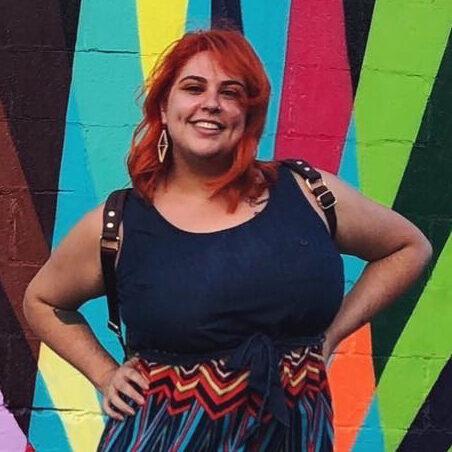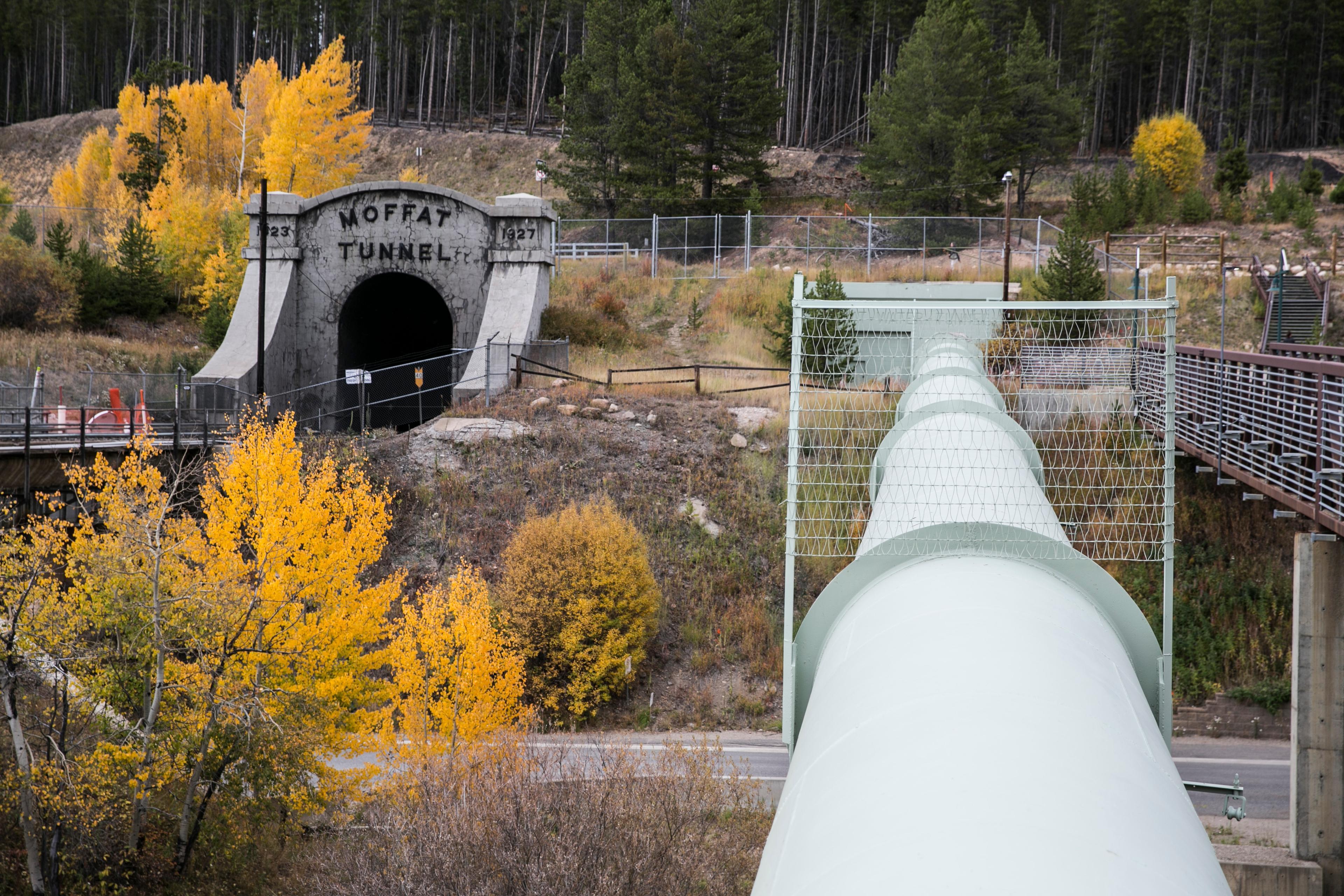
Colorado Utilities And Nonprofits Ask For More Help For Water Customers In The Next Federal Coronavirus Stimulus
More than 35 groups signed a letter that calls on Colorado’s congressional delegation to provide emergency funding to water customers and utilities.

By Sam Brasch
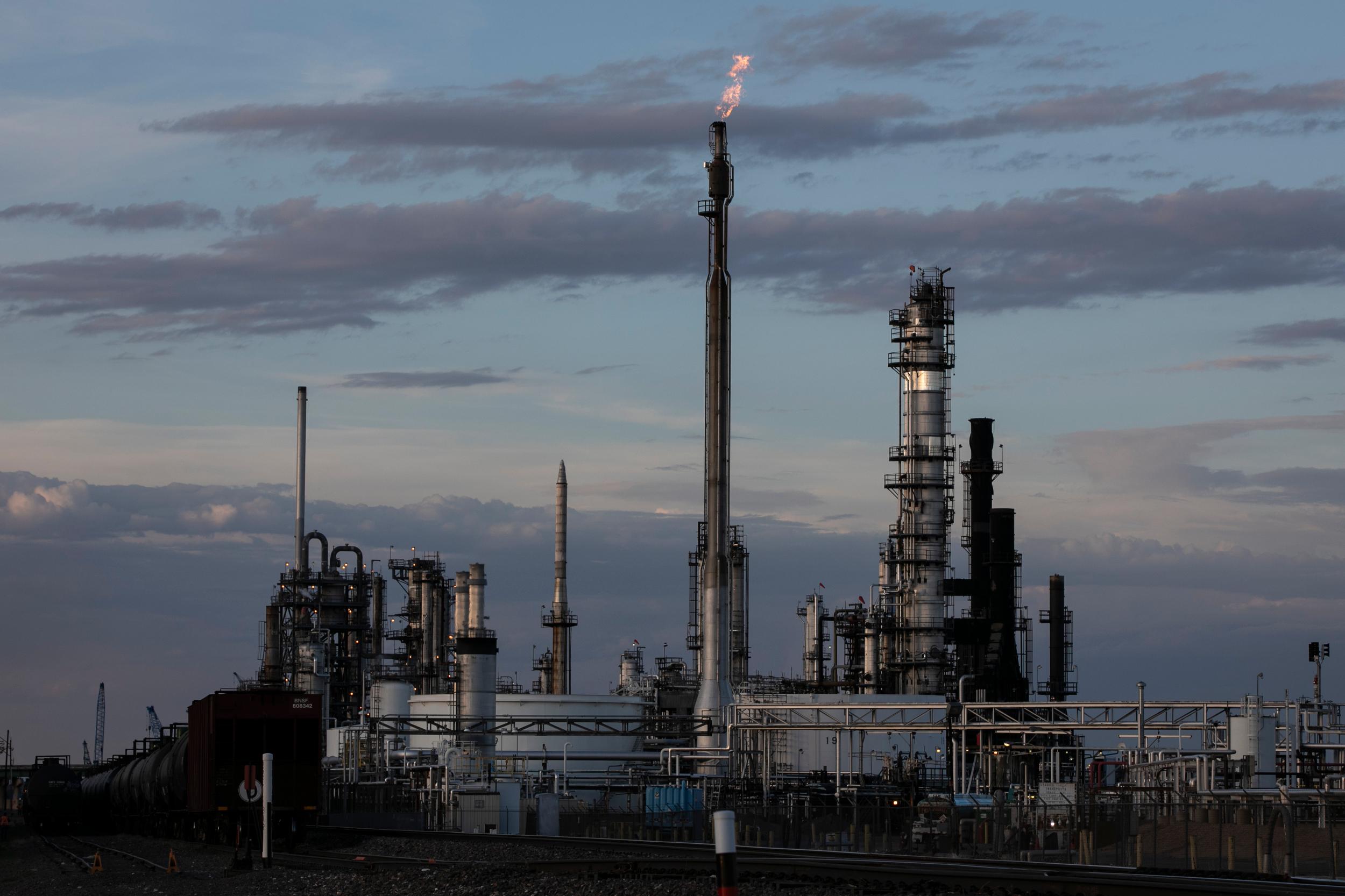
After Tests Find ‘Forever Chemicals’ Flowing From Suncor, Colorado Eyes A Crackdown
Tests show groundwater, likely contaminated with firefighting foam, is being pumped into Sand Creek.

By Sam Brasch
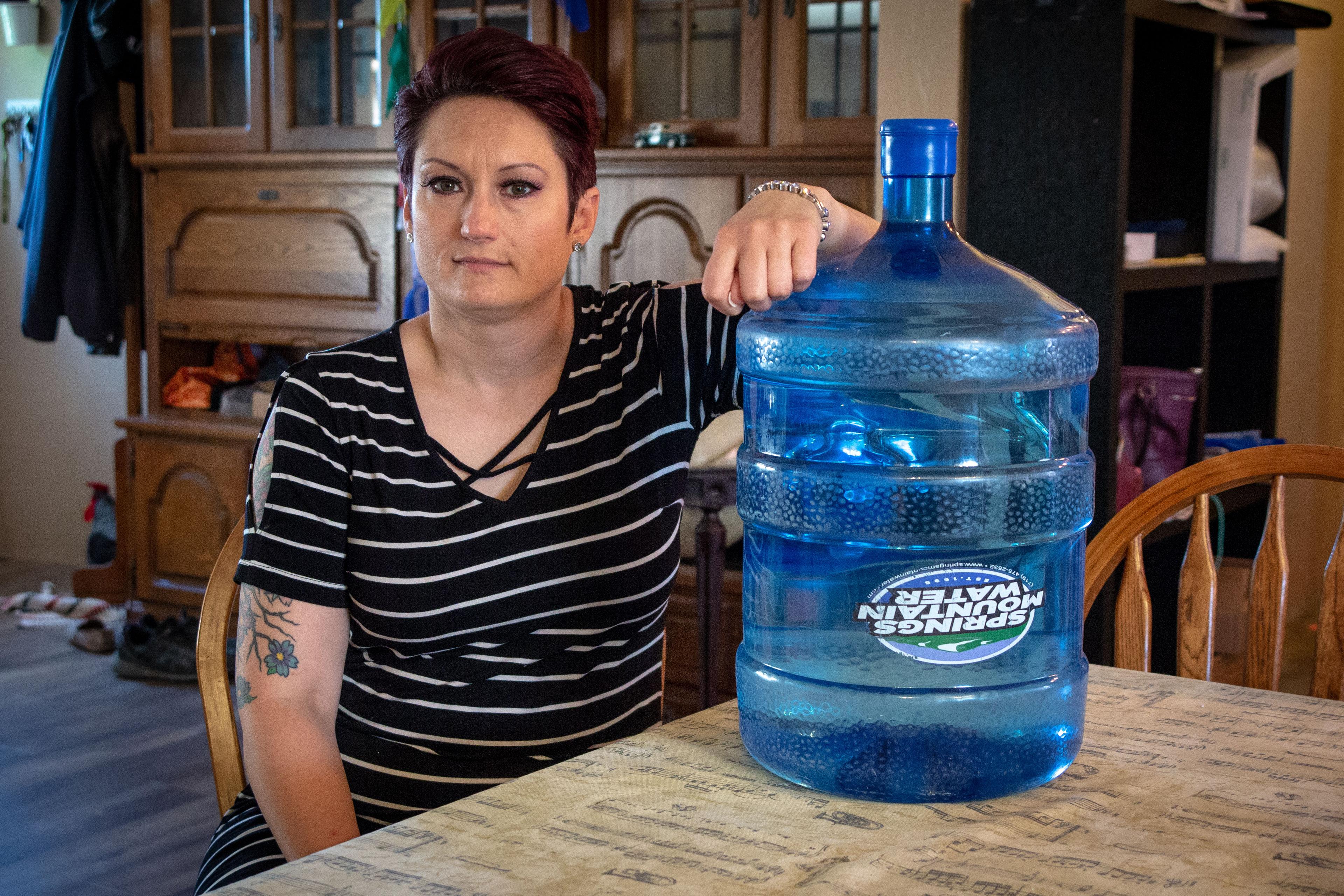
Colorado Water Officials Create First-Ever Regulations For ‘Forever Chemical’ PFAS
A growing body of scientific evidence has linked the chemicals to a range of health problems, including cancer and pregnancy issues.

By Sam Brasch
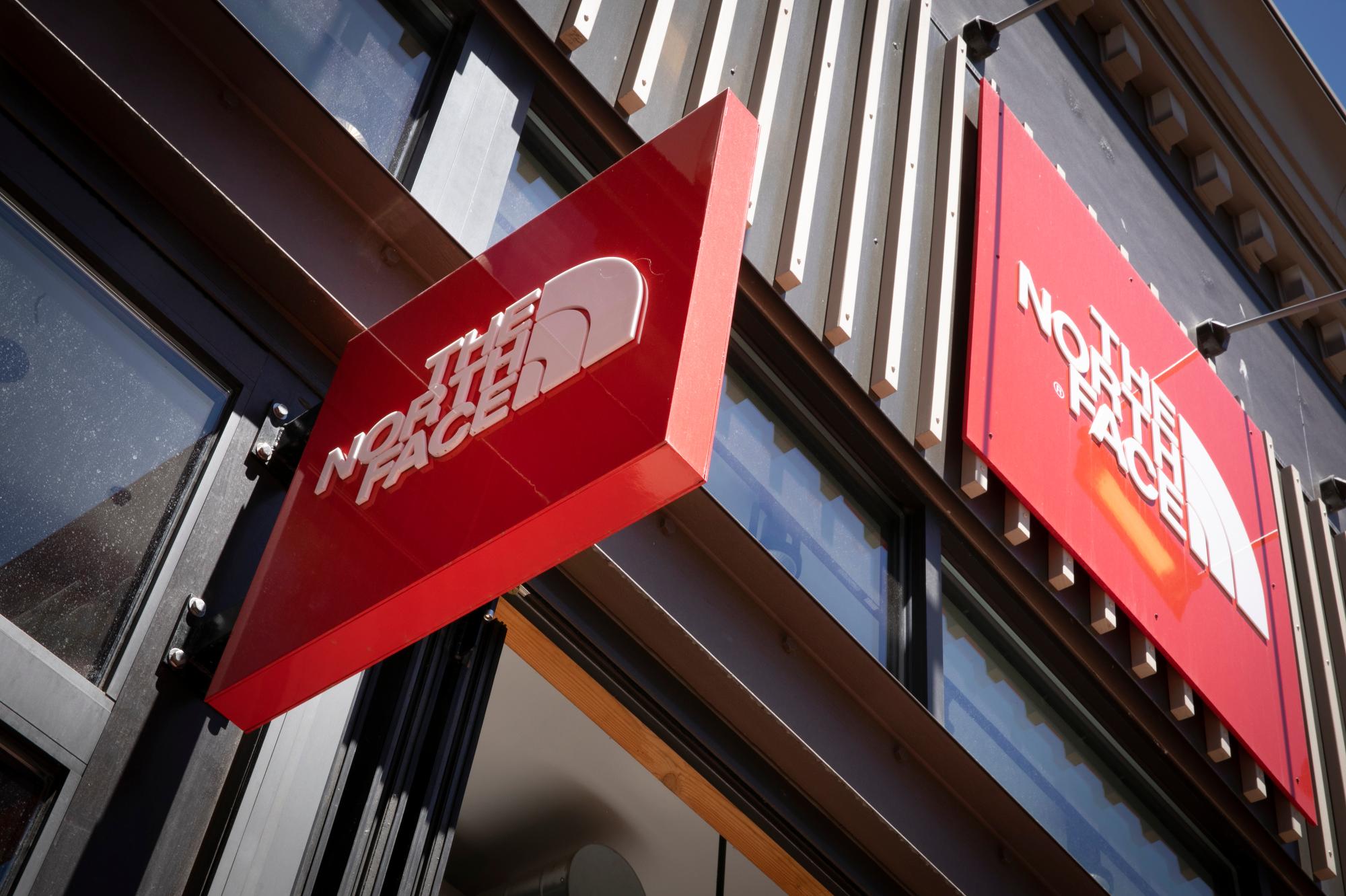
Why The North Face Led An Advertiser Revolt Against Facebook
The outdoor apparel brand was one of the first to join the Stop Hate For Profit campaign against the social media giant.

By Sam Brasch
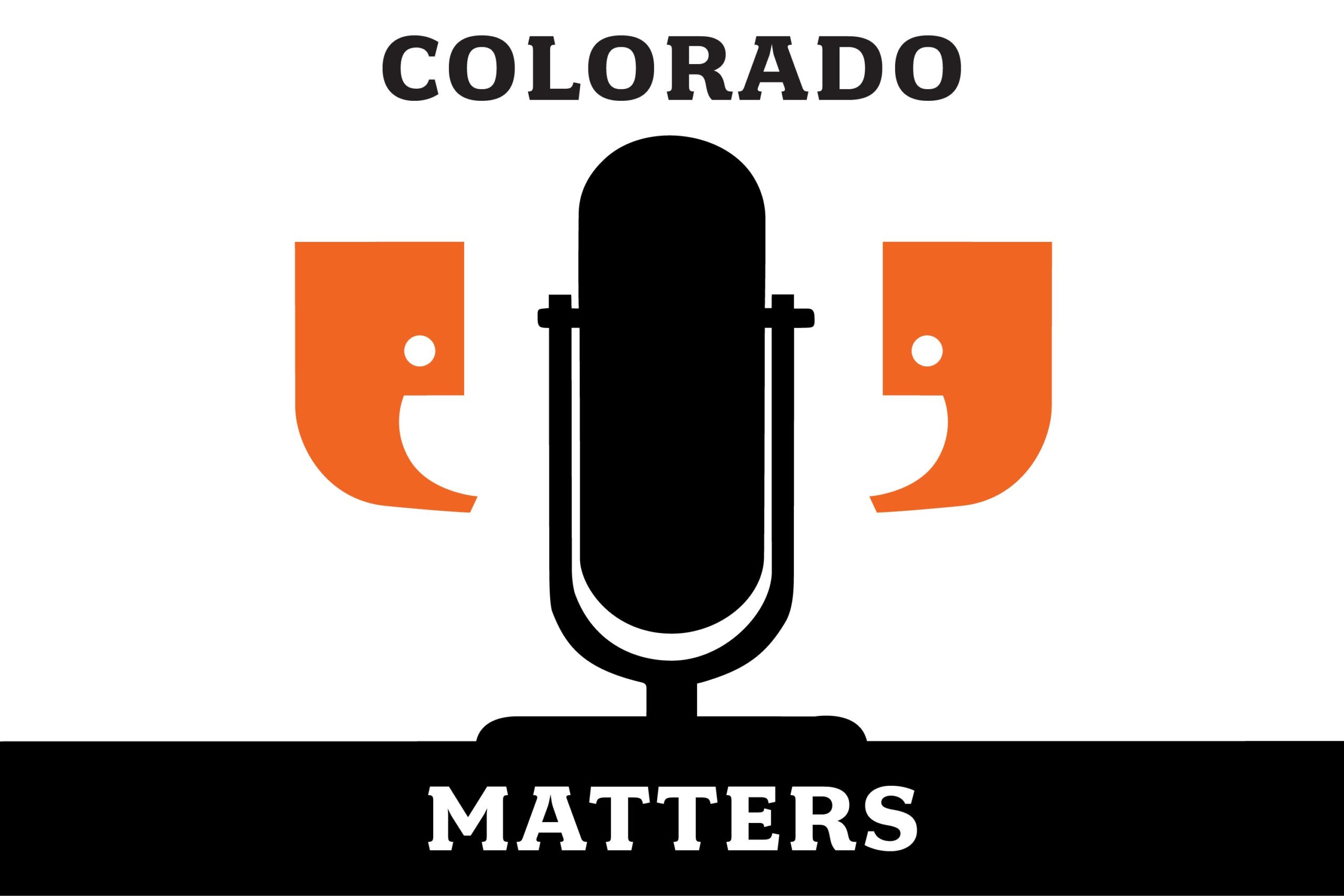
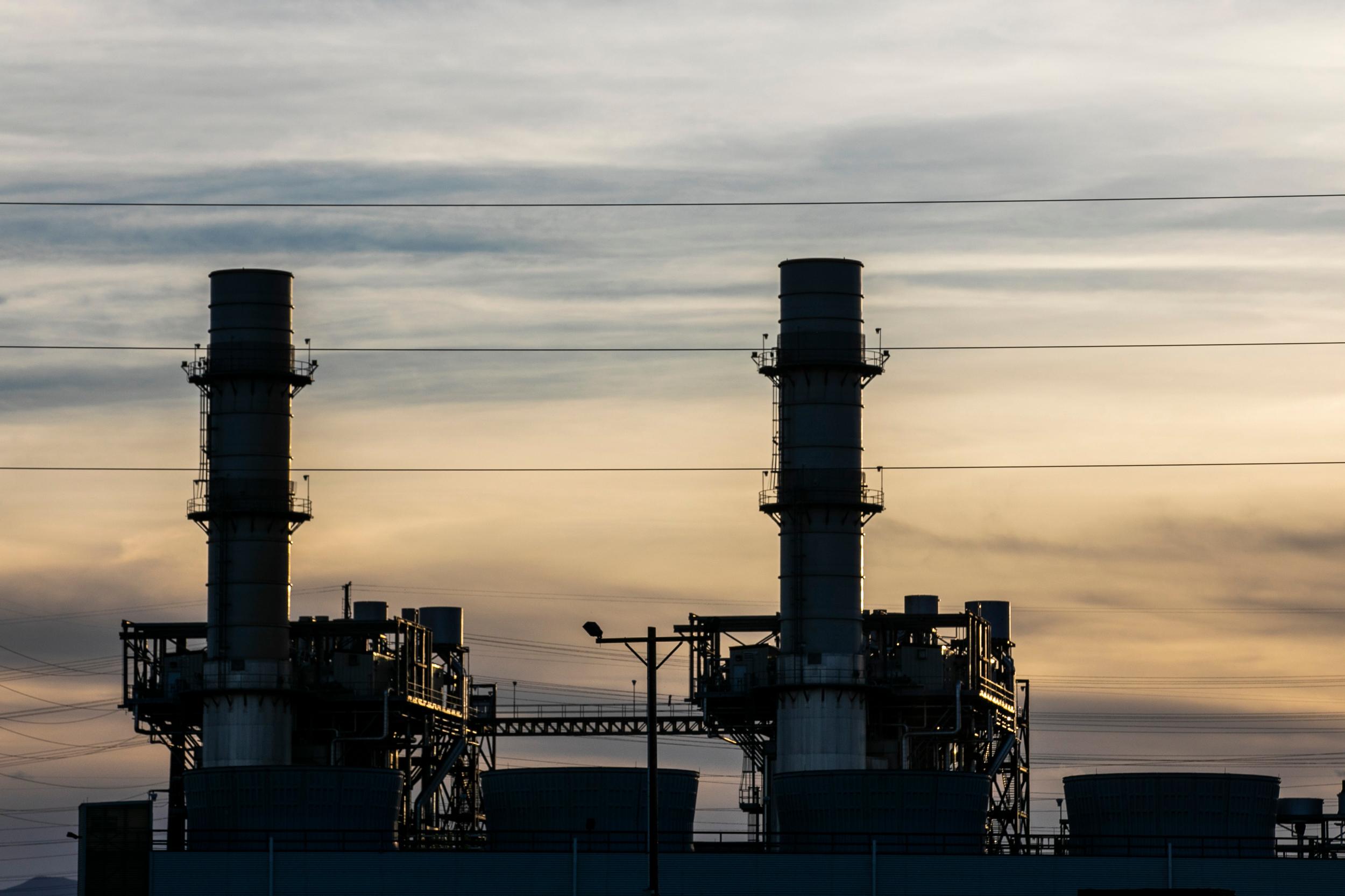
Activist Lawsuit Alleges Gov. Polis Isn’t Moving Quickly Enough On Climate Change
The complaint alleges July 1, 2020 was the legal deadline to propose rules to meet the state’s ambitious greenhouse gas reduction goals.

By Sam Brasch

Denver’s New Climate Action Vision Could Lead To A Very Different Denver
More buses, bike lanes and energy-efficient buildings — paid for with higher parking prices and maybe a sales tax — would come alongside more walkable places, according to the city’s latest climate guide for the future.

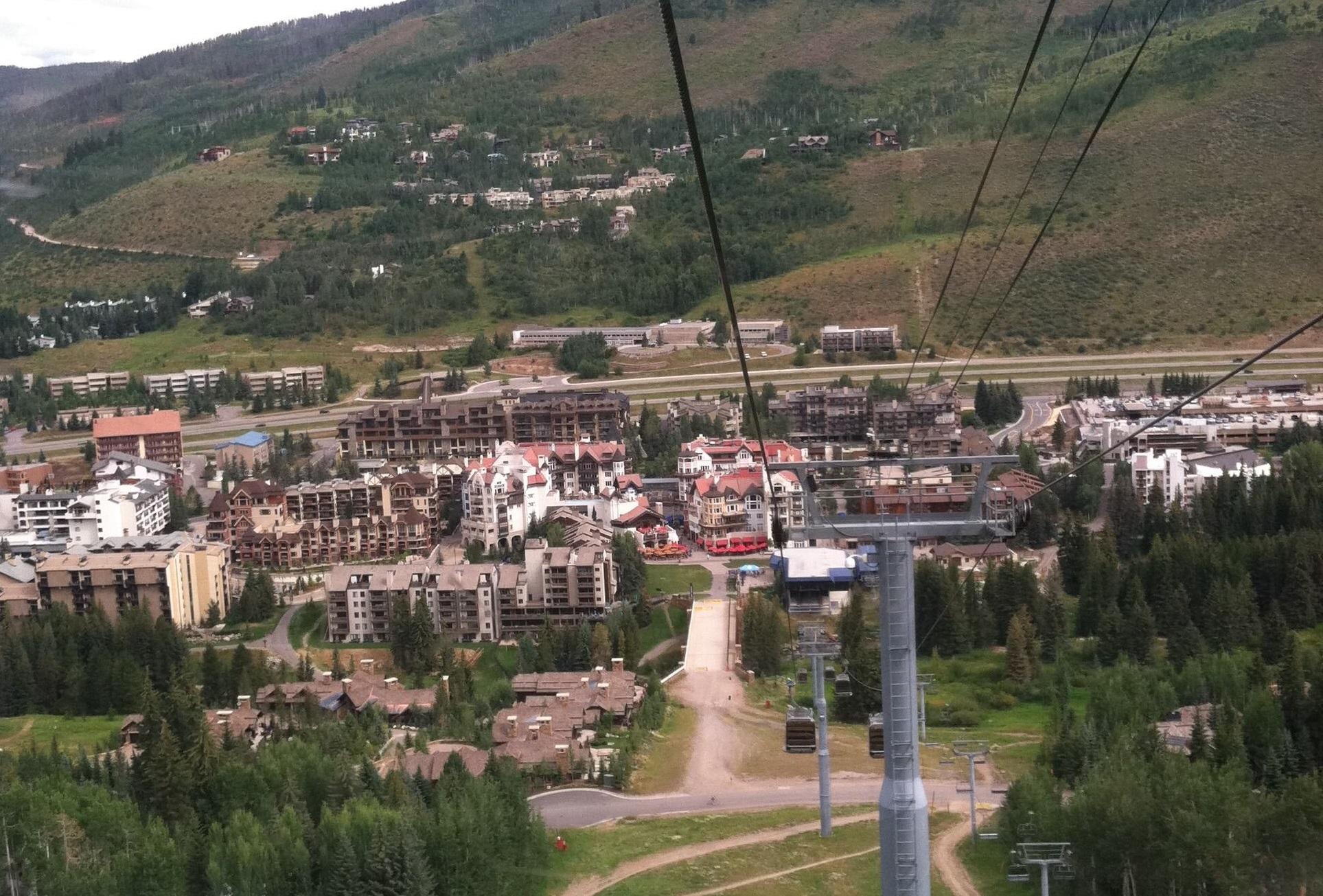
The Vail Valley Is Open For Business. Just Bring Your Mask
The coronavirus is not keeping tourists away from Colorado’s Vail Valley.

By Sam Brasch
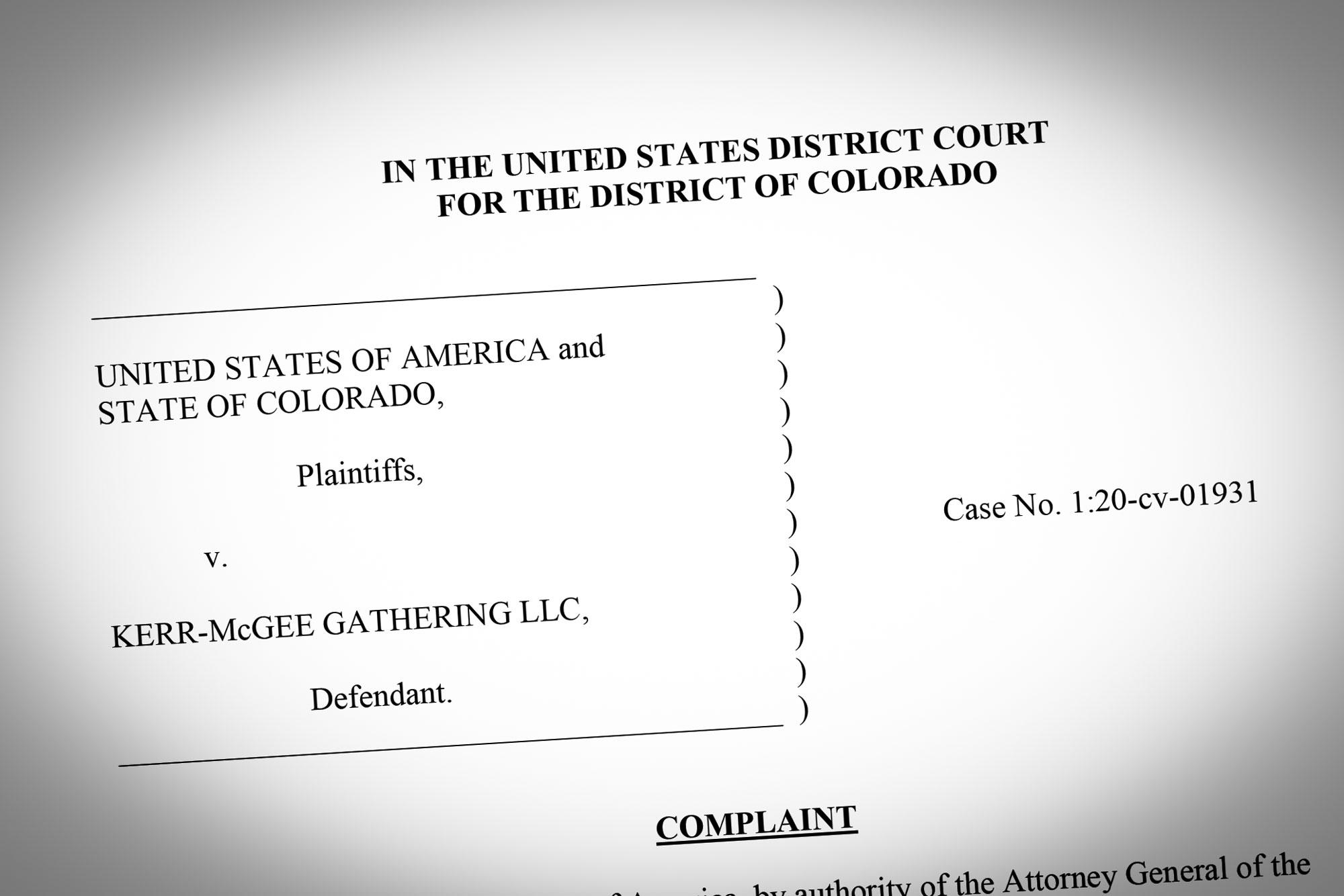
EPA, Colorado Sue Kerr-McGee Over Leak Detection And Repair In Weld County
The lawsuit was filed on behalf of the Environmental Protection Agency and the Colorado Department of Public Health and Environment.

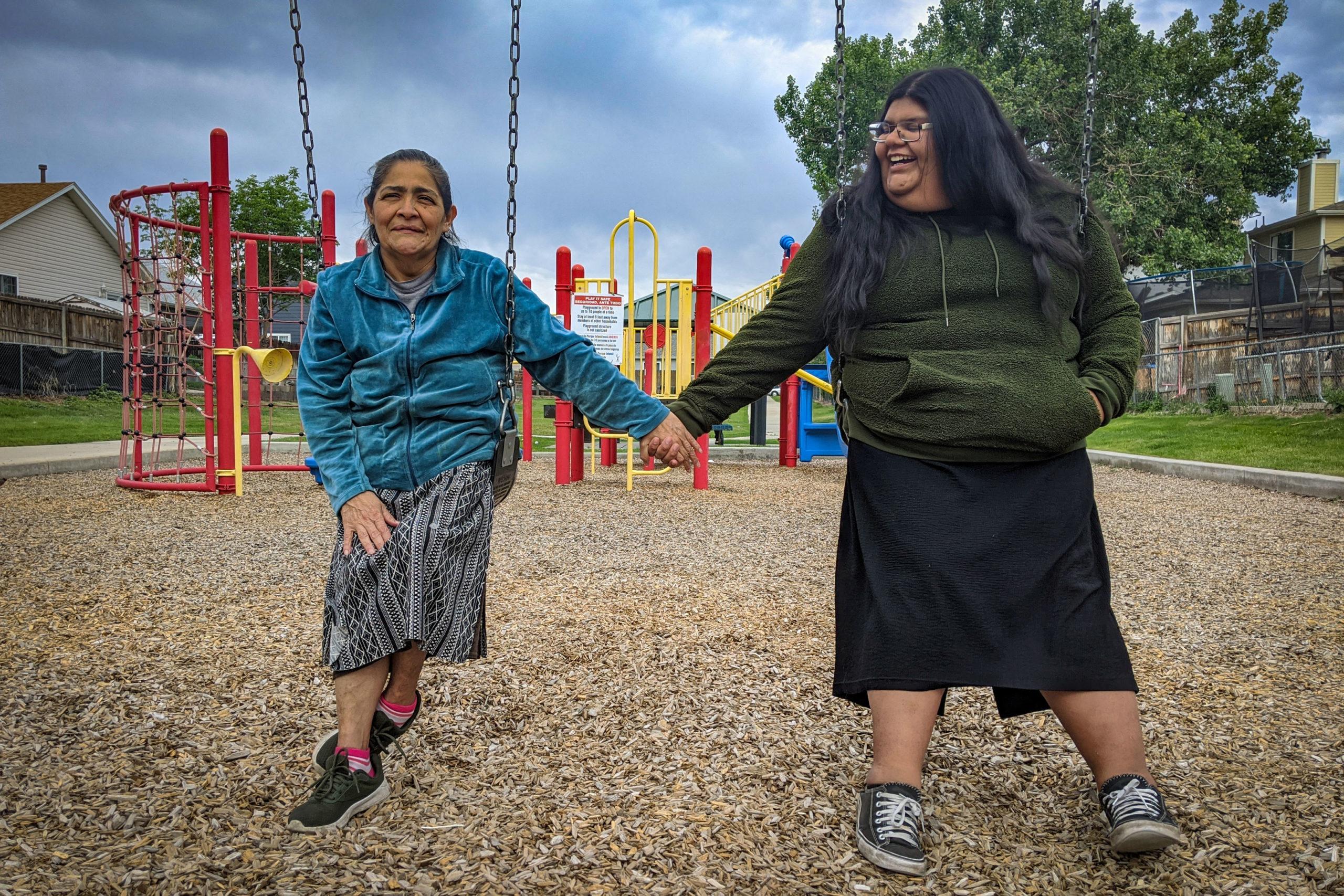
How One Young Colorado Woman Copes With The Mental Hardships Of The Pandemic
While the ongoing pandemic has caused distress, it’s also cut off the main ways people tend to cope.

By Sam Brasch
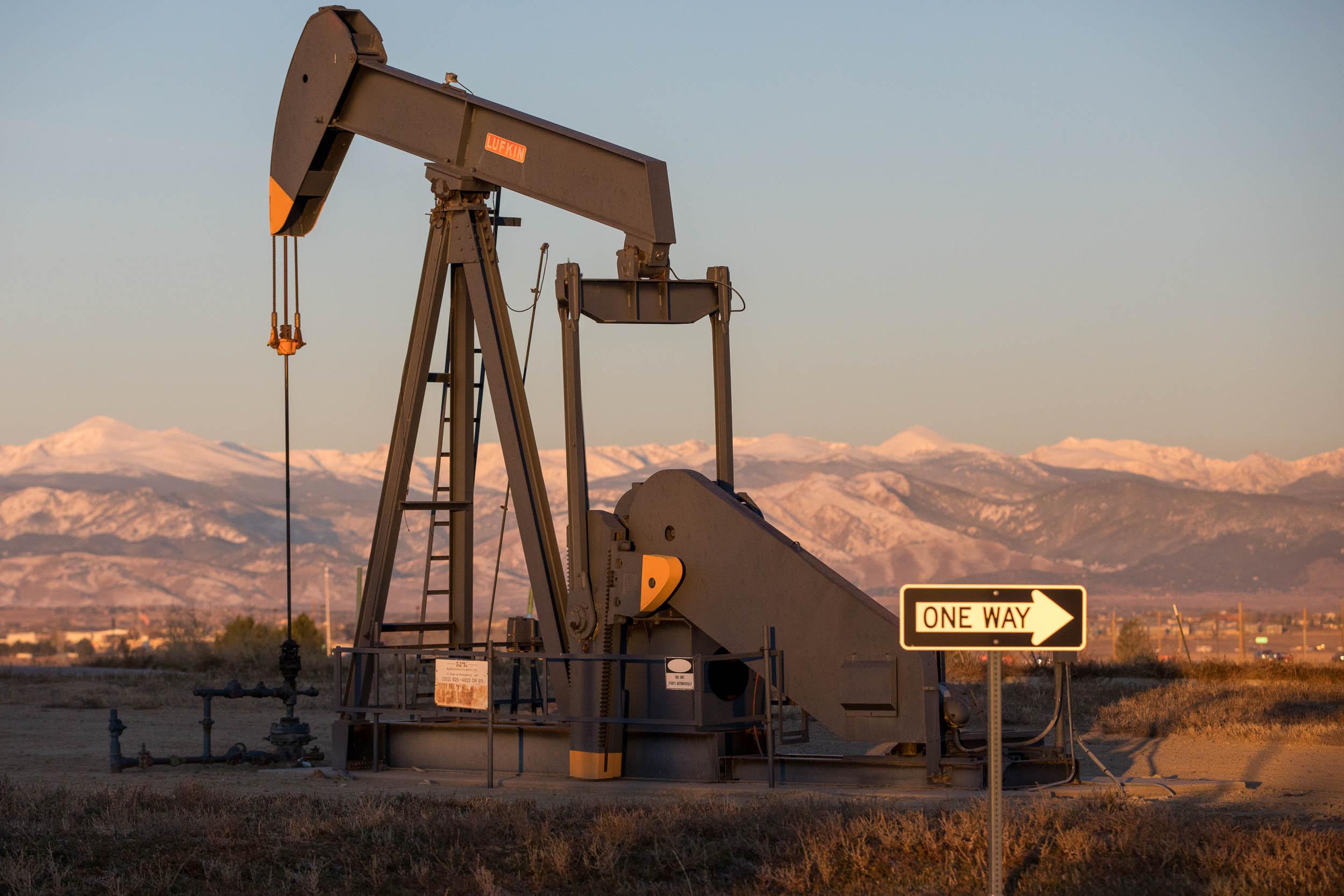
Coloradans Could See An Anti-Fracking Measure On Their 2020 Ballots After All
Colorado Rising announced it would not collect signatures to put a drilling setbacks measure on Colorado’s 2020 ballot, but two anti-fracking activists are blazing ahead.

By Sam Brasch
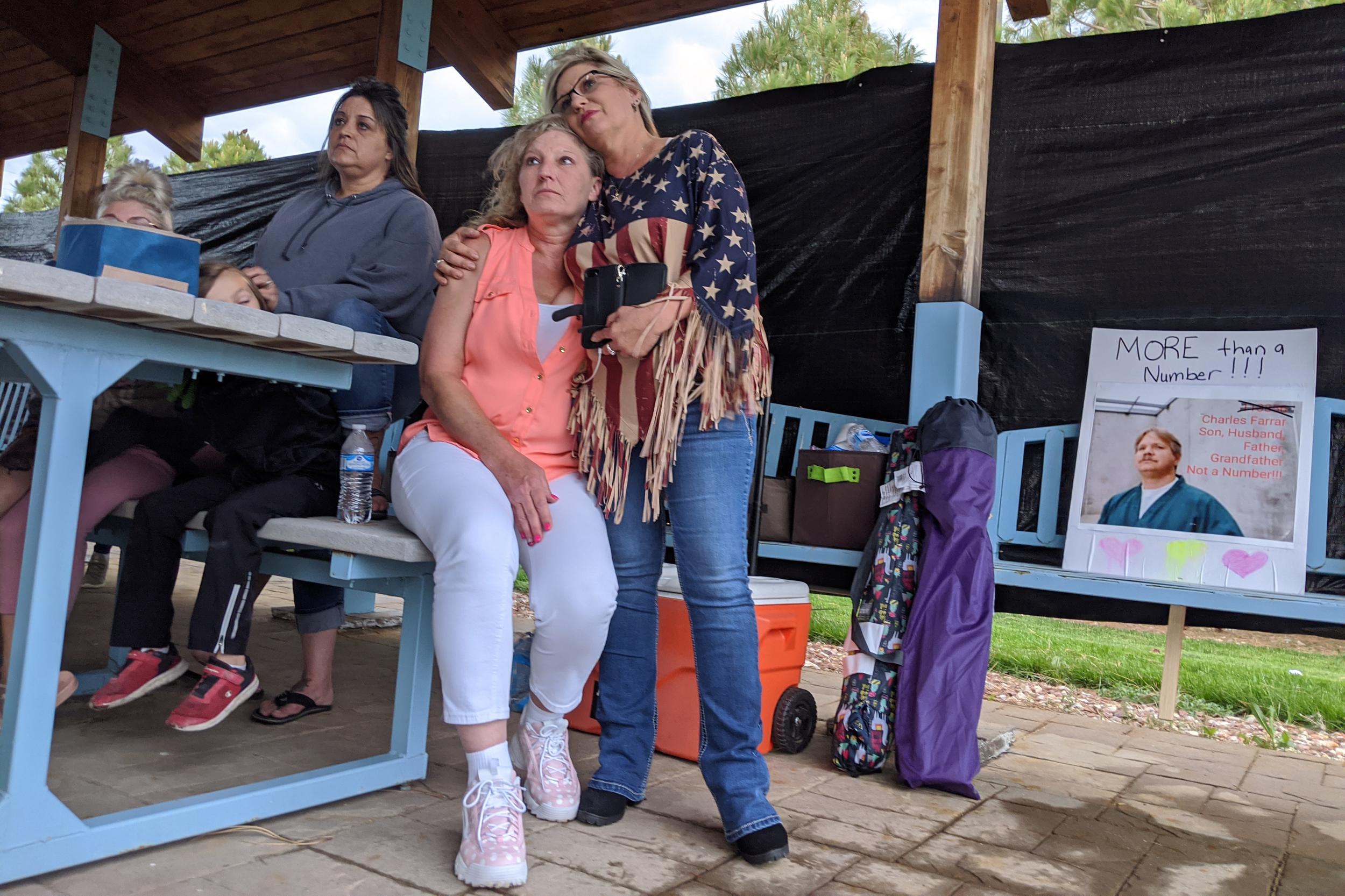
Families Hold Vigil For Inmates Inside Colorado’s Largest Prison, Home To The State’s Biggest Coronavirus Outbreak
Outbreaks inside Colorado’s prisons and jails have continued to grow. In the Sterling Correctional Facility, 561 inmates have tested positive for the virus.

By Sam Brasch
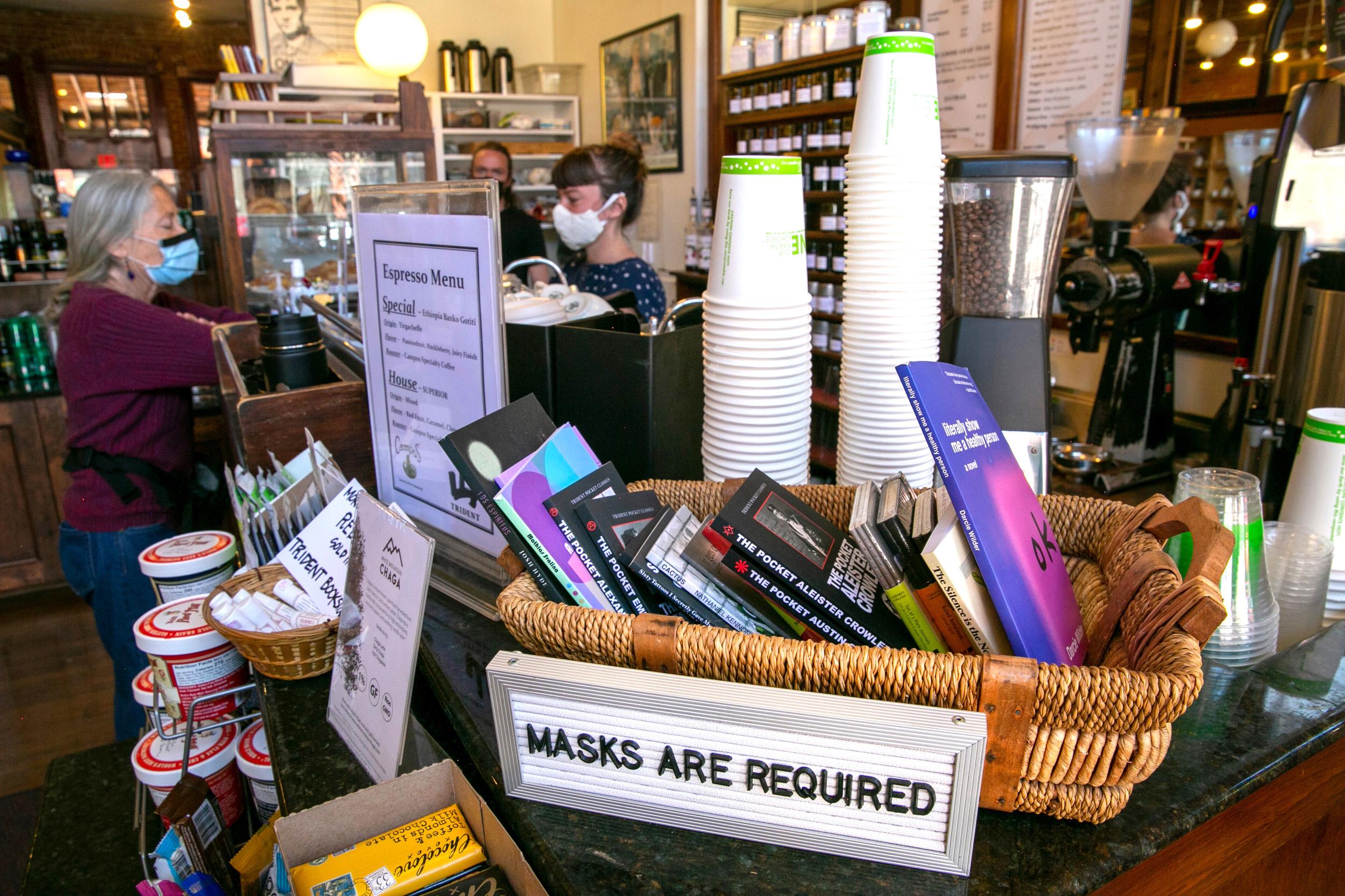
Colorado Is Seriously Beefing Up Coronavirus Contact Tracing With The Help Of Americorps
Gov. Jared Polis said 800 members of the Americorps and Senior Corps would join the state’s efforts to monitor the disease as Colorado begins to reopen more public spaces.

By Sam Brasch
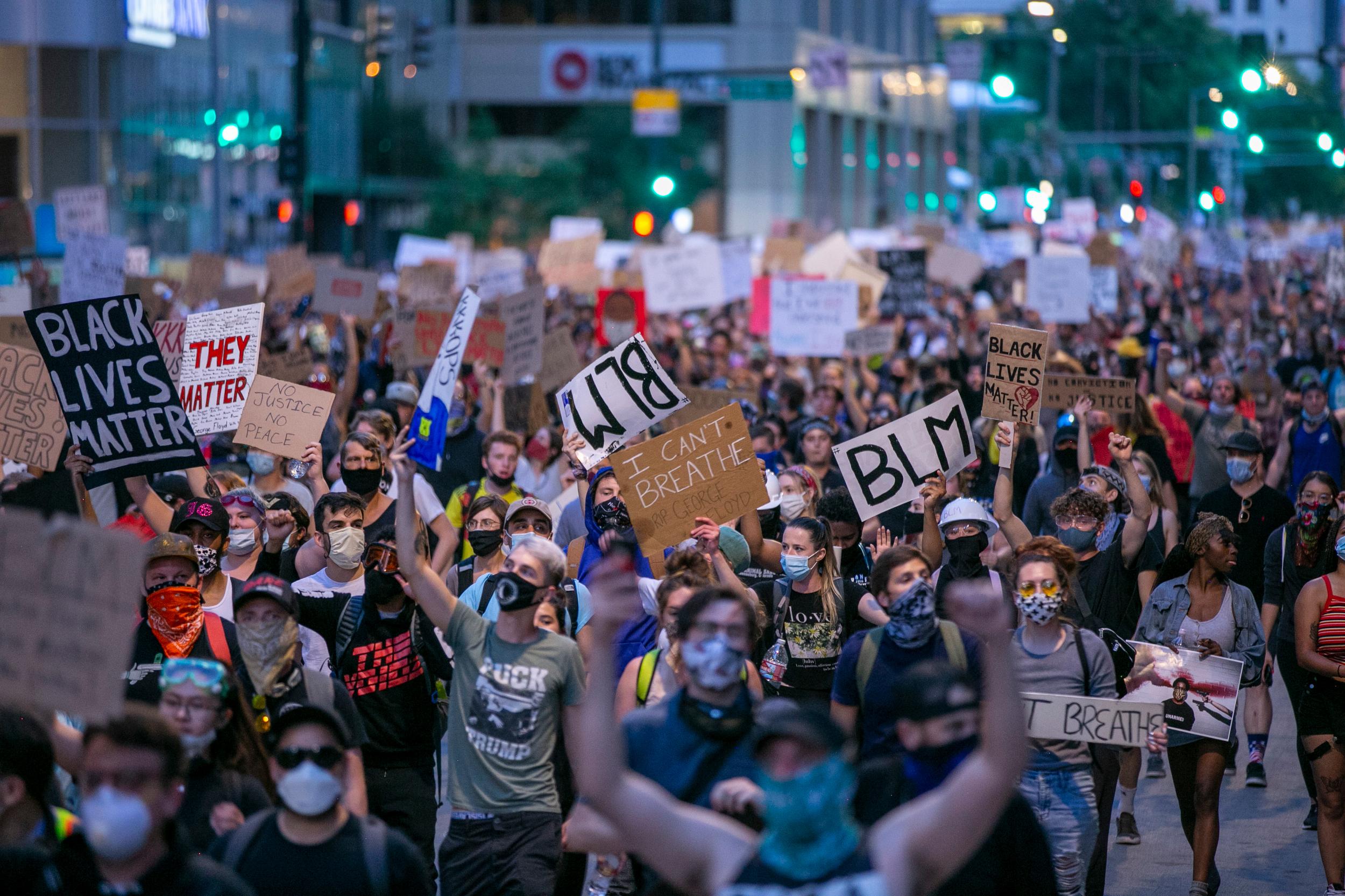
Polis Praises Denver Protesters’ ‘Acts Of Goodwill’ In First Public Address Since Demonstrations Began
Polis condemns the alleged murder of George Floyd as “brutal” and “inhumane.” He said he look forward to working with people to address widespread inequities.

By Sam Brasch
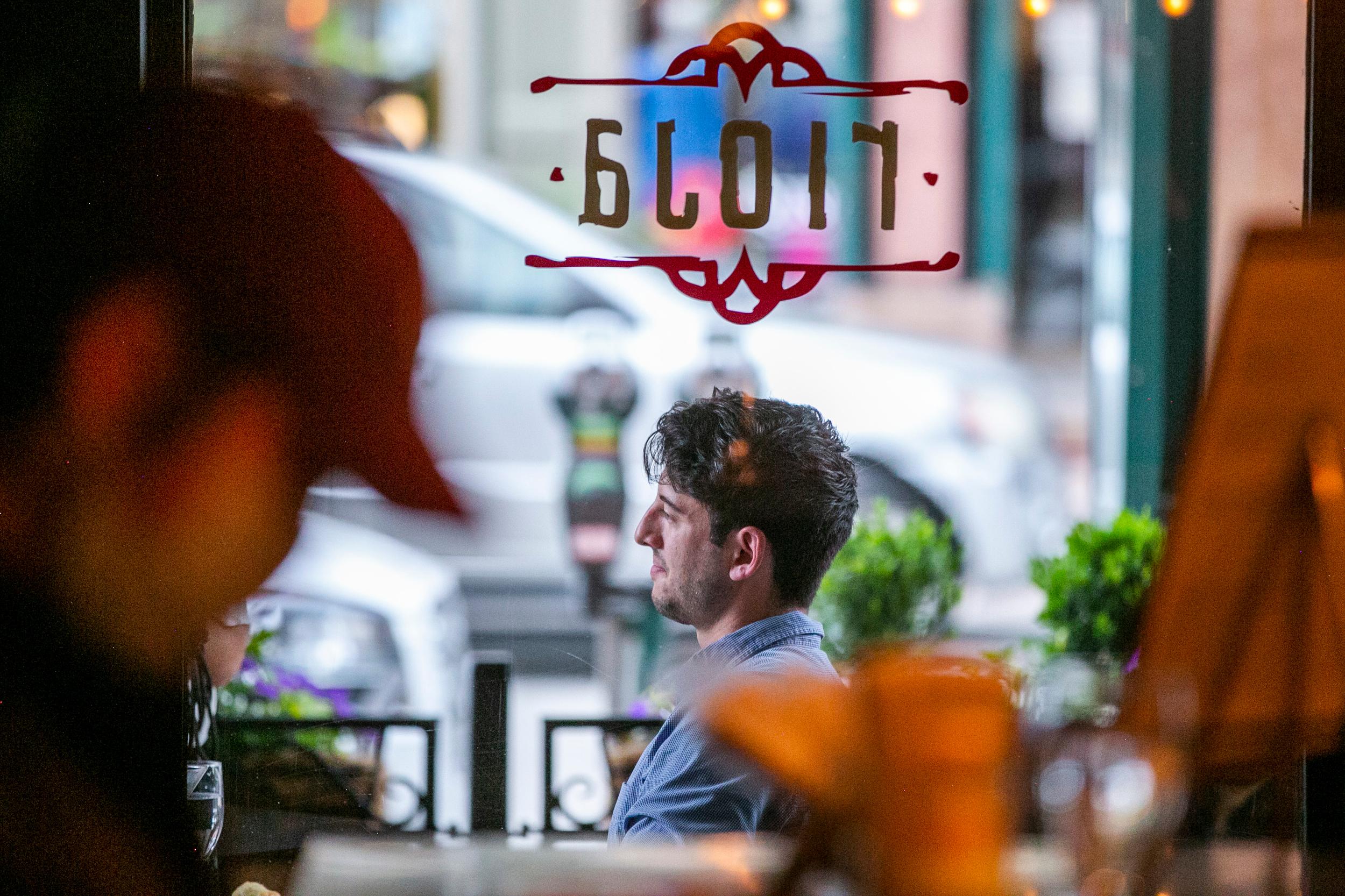
Colorado Scientists Warn Of A Second, Bigger Coronavirus Peak
As Gov. Jared Polis extends the state’s safer-at-home order, public health officials say high levels of social distancing will be necessary for months to come.

By Sam Brasch
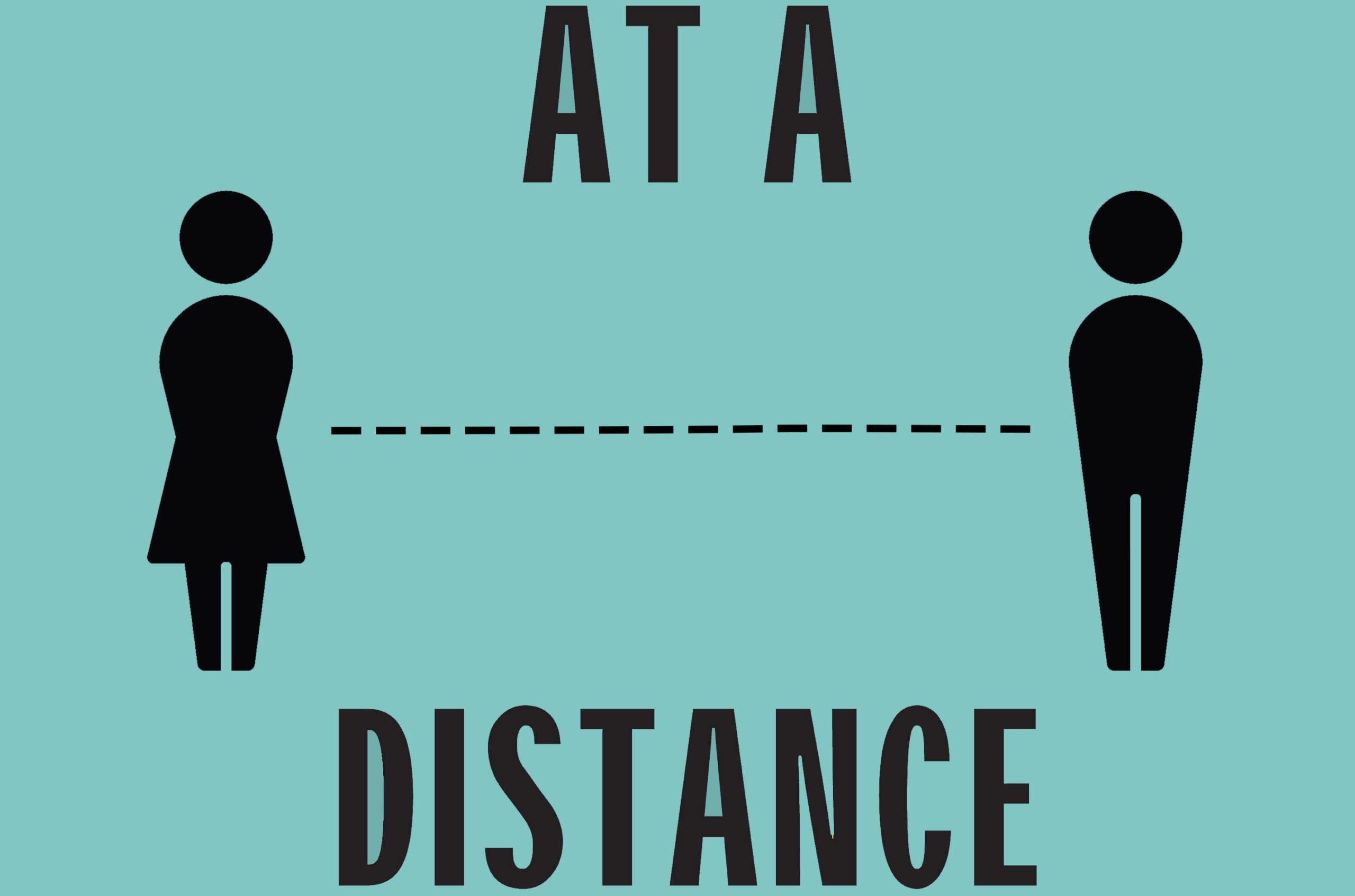
Let’s Get Together
What does the pandemic mean for summer soirees and backyard barbecues? May and Sam look for answers by dreaming up a socially distanced party of their own.
